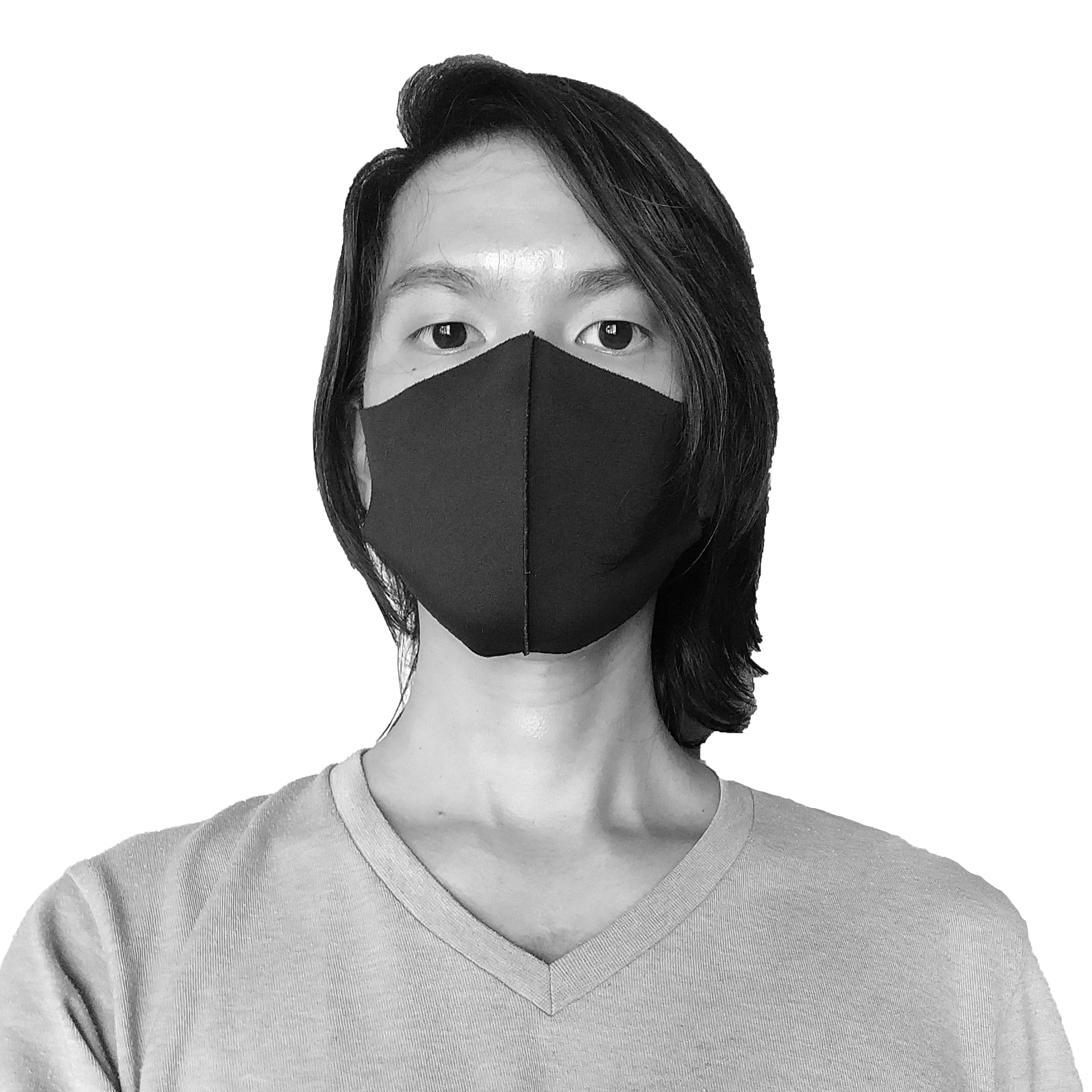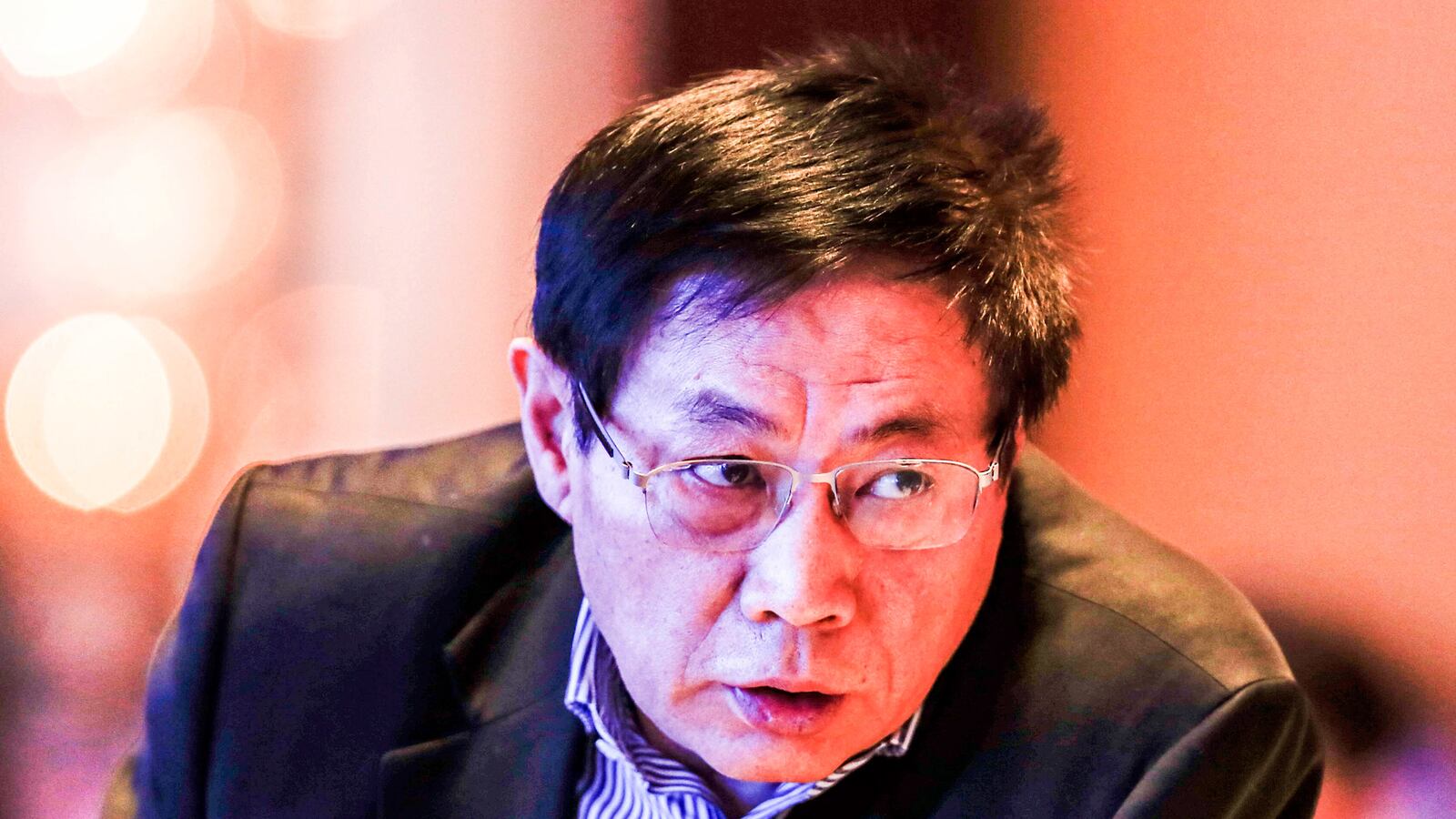HONG KONG — Ren Zhiqiang is a retired real estate, banking and insurance tycoon who, until the last week of February, had a huge following on Weibo, a Chinese microblogging site similar to Twitter. As a member of the Chinese Communist Party with substantial personal wealth, as a controversial commentator and a supposed paragon of success (yes, some people make analogies with Donald Trump in that sense), he wielded incredible influence over his 37 million online followers, even when he bluntly declared “the poor” don’t warrant any consideration.
That was all fine with the Party, it seemed, until last week, when Ren’s words were called a “vile” influence by Chinese government officials. They said he was spreading illegal information on his Weibo account, which damaged the Party’s image, and, indeed, accused him of advocating the overthrow of the Chinese Communist Party. A government notice from Beijing on March 1 said Ren will be “seriously dealt with” according to the CCP’s disciplinary regulations.
Chinese officials did not highlight the posts that triggered their actions against Ren, whose social media accounts were shut down. However, in mid-February, Ren published posts that questioned Chinese President Xi Jinping’s push for Chinese media to serve the Party. “When did the ‘People’s Government’ become the ‘Party’s Government?’” he wrote. “Does it run on party dues?”
Other major Weibo personalities and commentators, many of whom are aligned with the CCP and basically work as the Party’s propagandists, began to pick apart Ren’s online celebrity status. They said he opposed the CCP and was in the pocket of hostile foreign forces, or painted him as a villain bent on destroying the Party and its unity with the masses.
Xinhua, Global Times, and other state media organs painted crosshairs on Ren’s back, and rolled out a series of hit pieces attacking him. They said Ren had “vicious” motives and “sinister” intentions, and called him “the shame of over 80 million Party members.” They asked questions like, “Where does Ren Zhiqiang get the nerve to oppose the Party?” Some have speculated that the absence of the title “comrade” in references to Ren means he will be kicked out of the CCP altogether.
Chinese state media—which should really be called Party media—already acts as Beijing’s mouthpiece with a mandate to shape public opinion, but Xi wants to push it further by using those instruments, which include outlets like CCTV America and CCTV Africa, to promote the the CCP’s agenda on a global scale.
According to Xi, other forms of media, such as full-page spreads in foreign newspapers, books by China apologists, and even Hollywood productions should promote the Party’s message, or at least a warm and fuzzy image of those in power in the People’s Republic.
Ren Zhiqiang’s character has contained a streak of rebelliousness since his youth. Before he slipped into a business suit, Ren wore the uniform of the People’s Liberation Army for 11 years. As a soldier, he routinely disregarded directives from superior officers. However, he was still seen as a capable member of the PLA, and climbed its ranks.
Ren has also been charged with corruption in the past. This happened in 1985, after Ren, with permission from his bosses, issued bonuses to himself and the employees of the real estate company where they worked. Ren was in detention for 14 months, but the charge was dropped and he was released.
Ren Zhiqiang’s tribulations are not new in China. The Big Vs of Weibo—verified users with huge followings—have faced harassment and crackdowns for years. In 2013, a real estate billionaire, Pan Shiyi, who had 16 million followers, appeared on state television. He talked about the need to publish online posts responsibly, though he looked incredibly uncomfortable as the words crawled out of his mouth.
Others who were outspoken about their “radical” views were arrested, paraded in handcuffs, and even made to “confess” their crimes on television. Some of their accounts were deleted. That same year, to combat what the Party called “malicious rumor-mongering,” and squash those whose influence on public opinion may have overshadowed even that of state media outlets, the Supreme People’s Court issued a guideline: “Defamatory” posts with over 5,000 views or forwarded more than 500 times could be deemed “severe.” The punishment is a prison sentence of up to three years.
Ren is, or was, a close friend of Xi’s anti-corruption chief, Wang Qishan, one of the most powerful men in China. Last year, in an interview with Bloomberg, Ren said the two shared regular phone calls and got together several times a year. As the Party focuses its wrath on Ren, it also sends a message to China’s elite: their connections are worthless now. Even they can be brought down if they don’t toe the president’s line.
In fact, the latest round of purging on social media goes beyond Ren. China Digital Times reported that 580 social media accounts, including some that belonged to Big Vs, were shut down by the Cyberspace Administration of China at about the same time as Ren’s, claiming that their operators “misled the public” or “violated regulations.”
Xi is demanding complete prostration from all—the public, the media, Chinese corporations, and the Communist Party. In the past two years, he has made big moves to plug dissent. Chinese police made sweeping arrests of human rights lawyers, and were likely part of cross-border kidnappings of booksellers based in Hong Kong. Business tycoons have “disappeared” for various lengths of time.
One of Xi’s major projects is the ongoing anti-corruption purges within the CCP. The Chinese president is reshaping the landscape not only within the Party and not only within the country, but also in cyberspace. He is developing himself, and possibly future Chinese leaders, as not only the heart of the Party, but also as the center of the CCP’s vision of the entire Chinese nation.





